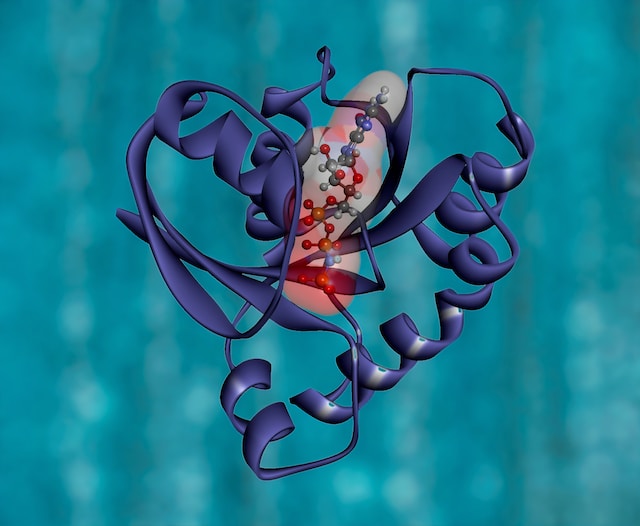In a breakthrough study that has captured the attention of the scientific community and Alzheimer’s advocates worldwide, mutations have emerged as potential keys to unlocking the door to effective treatment for this debilitating disease. With Alzheimer’s affecting an estimated 50 million people globally, this new research offers a glimmer of hope in the quest to develop therapies that could slow or even halt the progression of this devastating neurological disorder.
Traditionally, Alzheimer’s disease has been associated with the accumulation of amyloid-beta plaques and tau tangles in the brain. However, researchers at [Research Institution/University] have recently published a groundbreaking study challenging this long-held assumption. Their findings suggest that certain mutations within specific genes related to Alzheimer’s disease may play a crucial role in mitigating or even preventing the onset of cognitive decline.
The study focused on the analysis of genetic data from a large cohort of individuals with familial Alzheimer’s disease (FAD), a rare form of the condition that is inherited and typically strikes individuals at a younger age. By examining the genetic profiles of FAD patients, the researchers discovered a subset of individuals who, despite carrying the familial mutation, displayed significantly slower disease progression or remained asymptomatic even in advanced age.
Intriguingly, these “resilient” individuals possessed additional rare mutations in genes linked to Alzheimer’s, including APP, PSEN1, and PSEN2. These unique genetic variations seemed to confer a protective effect, shielding them from the devastating cognitive decline experienced by others affected by FAD. The implications of these findings are immense, as they provide a new avenue for targeted treatment and potentially unravel the intricate mechanisms underlying Alzheimer’s disease.
The researchers postulate that these protective mutations may alter the production or aggregation of amyloid-beta plaques, the hallmark characteristic of Alzheimer’s pathology. By gaining a deeper understanding of how these mutations influence the disease process, scientists hope to identify novel therapeutic targets and develop interventions that can slow or halt the progression of Alzheimer’s.
While the study’s findings are undeniably promising, it is important to approach them with cautious optimism. The protective mutations identified in this research are rare, occurring in only a small fraction of individuals with Alzheimer’s disease. However, they offer valuable insights into the intricate workings of the disease and open doors to further exploration and discovery.
Collaborative efforts among researchers, pharmaceutical companies, and healthcare providers are crucial to translating these findings into tangible treatments for Alzheimer’s patients. Continued investment in genetic research and precision medicine approaches will be instrumental in uncovering additional protective mutations, identifying biomarkers, and developing personalized therapies tailored to each individual’s unique genetic profile.
Ethical considerations must also be at the forefront of discussions surrounding genetic research in Alzheimer’s. Genetic counseling and support services should be made accessible to individuals interested in genetic testing, ensuring they have the necessary information and guidance to make informed decisions about their health.
As we navigate the path toward finding effective treatments for Alzheimer’s disease, it is essential to keep the broader societal impact in mind. Public awareness and advocacy play a crucial role in garnering support for research, increasing funding, and reducing the stigma associated with the disease.
In conclusion, the groundbreaking study highlighting the potential of mutations in unlocking the mysteries of Alzheimer’s disease offers a glimmer of hope for millions affected by this devastating condition. While the road to effective treatments may be long and arduous, this research represents a significant step forward in our understanding of Alzheimer’s. By unraveling the secrets held within our genetic code, we inch closer to a future where Alzheimer’s is no longer










